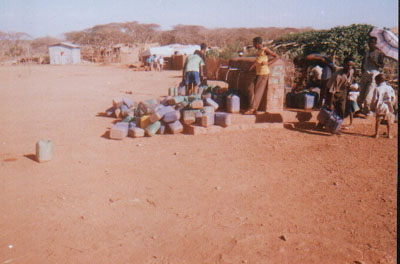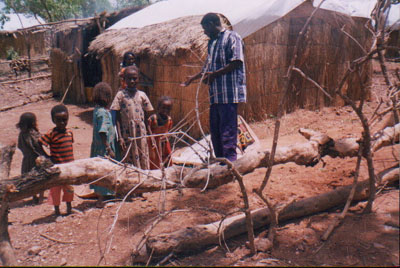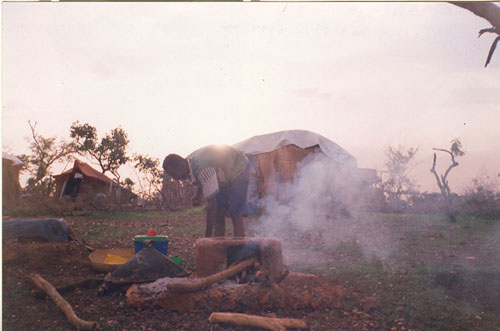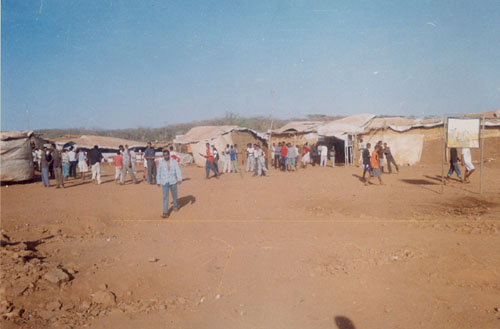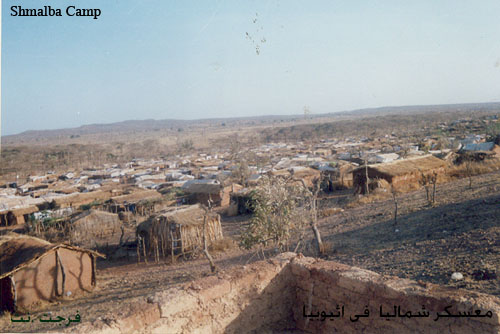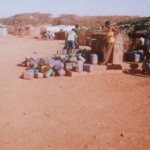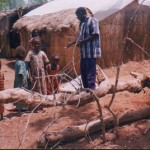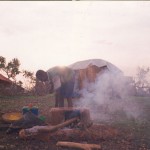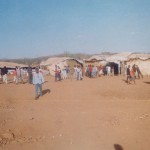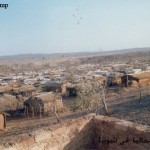UN welcomes Ethiopian policy to allow Eritrean refugees to live outside camps
UN News Centre
10 August 2010 – Ethiopia has recently decided to take a new approach to Eritrean refugees by allowing them to live outside camps, a move welcomed by the United Nations refugee agency.
Under the so-called ‘out-of-camp’ scheme announced last week, Eritreans who can sustain themselves financially or have relatives or friends who commit to supporting them no longer have to stay in camps.
The policy shift is due to discussions between the UN High Commissioner for Refugees (UNHCR) and the Ethiopian Government.
“Given the fact that Eritrea and Ethiopia were a single political entity before the 1993 referendum, the new policy is also a response to refugees’ wishes and needs for strengthened people-to-people relations between the two countries,” UNHCR spokesperson Andrej Mahecic told reporters in Geneva.More than 60,000 Eritrean refugees have crossed the border into Ethiopia since the border conflict in the late 1990s between the two countries.
More than 60,000 Eritrean refugees have crossed the border into Ethiopia since the border conflict in the late 1990s between the two countries.
The new scheme now allows Eritrean refugees to live in urban areas, improves their access to services and helps build stronger ties with host communities.
UNHCR said that once the policy has fully been implemented, the costs of looking after the refugees will be significantly lowered since those benefiting from the programme will be sustaining themselves.
“It is our hope that this decision will eventually expand to include refugees from other countries as well,” Mr. Mahecic said.
Refugees from Somalia and other countries – numbering 138,000 in all – already live in Ethiopian towns and cities, while more than 36,000 Eritrean refugees reside in three camps and two community centres that are set to be converted into camps.
Any Eritrean refugee living in an Ethiopian camp who does not have a criminal record is eligible to take part in the new programme, which also involves skills training and educational opportunities. At present, many Eritreans in Ethiopia work in the informal sector and this is normally tolerated by the Government, the agency noted.
UNHCR’s Addis Ababa office has found that a “good number” of Eritrean refugees plan to take advantage of the new policy, Mr. Mahecic said.
Short URL: https://english.farajat.net/?p=1210


